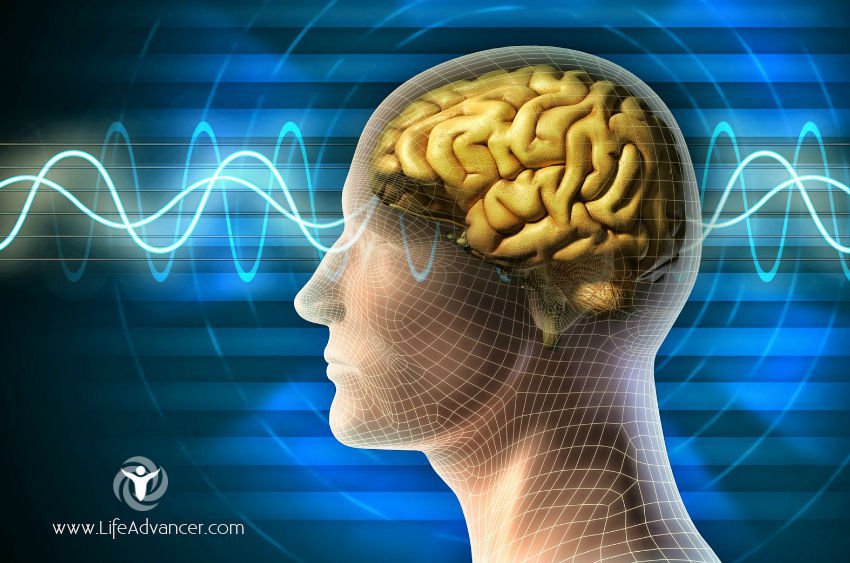I have been working out since age 15. Exercise is truly my medicine, my boost, my grounding place, my energy source and my mental health tool. This being said – I also have been a bit of an extremist when it comes to exercise ( for the reasons stated ) It used to be that if I could not go to the gym for at least one-hour workout, I would feel that it was pointless.
After I had blood work I had done last Summer, my doctor shared with me that I may be overtraining. She told me that I had the lowest body fat of anyone in her practice, and while on a certain level I found this flattering – I was also exhausted and depleted and my AC 1 levels were strangely high. Being an addict of any kind means you subscribe to the philosophy – “more is more”

So when I had a trainer who refused to train me for more than 45 minutes, sharing that workouts longer than that increase cortisol, I started to do research in a variety of ways.
First I had another round of blood work done, my cortisol levels were very high. Although I workout, have a regular meditation practice and do yoga, I am also living mostly in NYC ( a high-stress city) travel constantly, and am involved in a fair amount of stressful business situations. In the first three months of 2017, I will have been to four countries and taken thirteen flights.
Part of my research was also to find out if I could “cheat the system”
* Could I do two 30 minute workouts in one day?
* Would stretching and yoga count as part of the 45 minutes?
* Should I stop my timer every time I was between machines and exercises?
Ironic as it is – exercises increases stress but will negate the effects of cortisol in the long term. The key is to not overtrain and to do just enough to adequately stimulate the system being training (muscular or aerobic). Cardio sessions should be kept at between 30 and 45 minutes and weight sessions should be no longer than 45 minutes.

The endorphin release from these two types of exercise should offset any release of cortisol. Exercise will, during and straight afterward, place the body in a catabolic state but provided the sessions are not too long and nutritional needs are met a relaxed state will ultimately be achieved, and cortisol release will be controlled. Weight training also increases growth hormone which offsets cortisone release.
I have cut my workouts down, added some supplements, mixed up my workouts and am still actively involved in research as well as LISTENING to my body.


